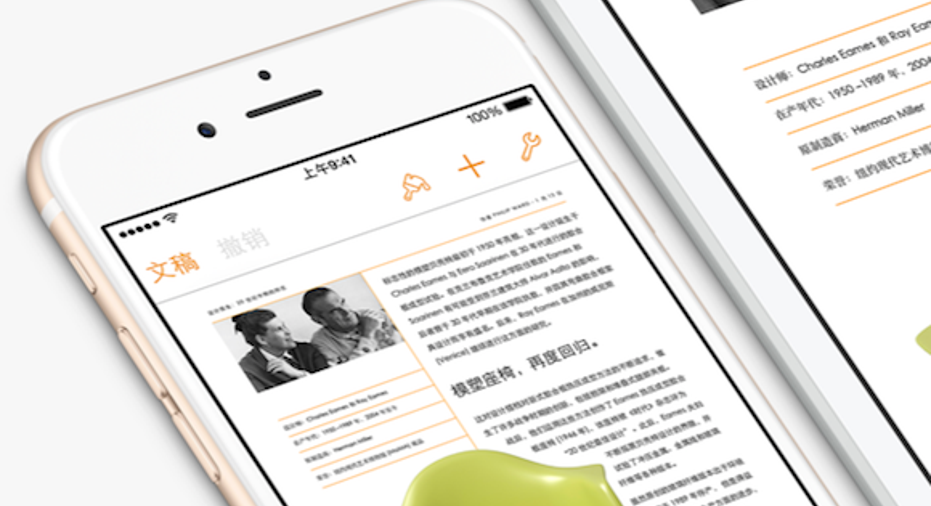Apple, Inc. Continues to Slip in China

Local Chinese manufacturers continue to chip away at iOS. Image source: Apple.
You win some, you lose some.
Kantar has released its most recent estimates on numerous smartphone markets around the world, covering the three months ending November 2016 before the holiday shopping season picked up steam. Well, the news is mixed. Apple (NASDAQ: AAPL) was able to chip away at Alphabet's (NASDAQ: GOOG) (NASDAQ: GOOGL) lead in key geographies in Europe as well as the U.S., but continued to slip in greater China, where local manufacturers are flooding the market with low-cost Android devices.
Let's dig through the numbers.
The good
The iPhone 7, iPhone 7 Plus, and iPhone 6s were the top three handsets within the U.S. for the period, grabbing a combined 31% market share. Samsung's Galaxy S7 and S7 Edge came in at the No. 4 and No. 5 spots and accounted for 29% of sales. Aggressive carrier promotions helped both the Mac maker and the South Korean conglomerate, as all the domestic carriers had various promotions to get a free flagship devices. Overall, iOS grew within the U.S. by 6.4 percentage points to grab a 43.5% market share.
Interestingly, Google's decision to partner with Verizon as the exclusive carrier distributing the Pixel seems to be paying off, with the Pixel comprising about 1.3% of all smartphone sales; over half of those new phones were activated at Big Red. That may not sound like a whole lot, but it's actually impressive when you consider that Nexus and Pixel phones have never been high-volume devices, so 1.3% is actually pretty good within that context.
In Europe, Apple did particularly well within the U.K., where it saw its market share jump 9.1 percentage points, and now has a 48.3% share in the country. iOS also jumped by 6.5 percentage points in France to a 24.5% market share. In the broader EU5 (Germany, France, Italy, Spain, and the U.K.), Apple had 24.6% share of all smartphone sales.
The bad
Apple has seen its position in China deteriorate over the past year or so, while local players have been able to rise and chip away at both Apple and larger Android original equipment manufacturers. Android now accounts for 80% of smartphones sold in the Middle Kingdom, which is the largest smartphone market in the world. iOS fell from 25.3% of urban China to just 19.9%, although Apple was up modestly on a sequential basis. The only silver lining here is that the iPhone 7 was the single best-selling device in urban China, grabbing 6.6% of all sales.
The problem is that there are so many other low-cost Android choices out there that make up the rest of the market (Huawei and Oppo now represent nearly 40% of the market). Apple's business in China is still on a long-term upward trajectory and I have little doubt that the company will recover, but it's definitely seen better days.
10 stocks we like better than Apple When investing geniuses David and Tom Gardner have a stock tip, it can pay to listen. After all, the newsletter they have run for over a decade, Motley Fool Stock Advisor, has tripled the market.*
David and Tom just revealed what they believe are the 10 best stocks for investors to buy right now... and Apple wasn't one of them! That's right -- they think these 10 stocks are even better buys.
Click here to learn about these picks!
*Stock Advisor returns as of January 4, 2017
Suzanne Frey, an executive at Alphabet, is a member of The Motley Fool's board of directors. Evan Niu, CFA owns shares of Apple. The Motley Fool owns shares of and recommends Alphabet (A shares), Alphabet (C shares), and Apple. The Motley Fool has the following options: long January 2018 $90 calls on Apple and short January 2018 $95 calls on Apple. The Motley Fool recommends Verizon Communications. The Motley Fool has a disclosure policy.



















